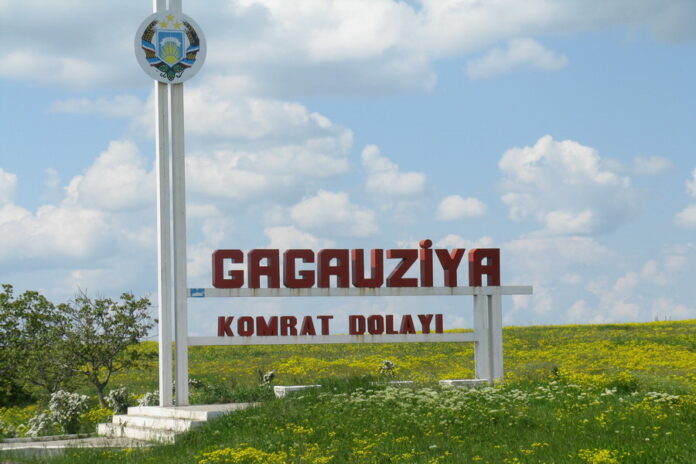“Gagauzia is an autonomous territorial unit with a special status, which is a form of self-determination of Gagauz people as a component part of the Republic of Moldova”
This is the text of art.1 of the Law on the special legal status of Gagauzia, adopted in 1994. The law was developed as a response to the aspirations of the Gagauz people to preserve their cultural identity and autonomy in the framework of the Republic of Moldova.
“The Gagauz issue started being tackled as of 1989 when the national movement started in the Republic of Moldova,” recalls the Head of the General legal department of the Parliament, Ion Creanga.
In 1993 a commission was established at the Parliament level to address the issue of the Gagauz autonomy status. Long discussions followed seeking for compromise and solutions. Thus, Gagauzia was recognized via a law as an autonomous administrative-territorial unit in the framework of the Republic of Moldova.
The law on Gagauzia allows them to independently settle certain political economic and cultural development issues. The Gagauz language is enshrined as the official language in the region, as a safeguard for the protection of the cultural identity of the Gagauz community. Besides that, there are two more official languages in Gagauzia. The legislative power in Gagauzia is accomplished by the People’s Assembly, while the executive power lies in the hands of the Governor of Gagauzia called Bashkan and the Executive Committee.
Adoption of this law marked an important step for the resolution of the political tensions and divergencies between Chisinau and Comrat and we must recall that unless the Parliament took that decision, the dissensions would have continued.
Vitalii Sirf, historian, philology PhD
FOR THE MOST IMPORTANT NEWS, FOLLOW US ON TWITTER!
This draft law involved plenty of work and debate, sometimes really hard discussions. There were Gagauz delegates in the framework of the Parliamentary commission who brought their arguments for the issues and needs emphasized. In the long run the autonomy status was offered via an organic law.
Ion Creanga, Head of the General legal department of the Parliament
This material was developed in the framework of the project “Supporting institutionalized and sustainable dialogue on Gagauzia Autonomy”, implemented by CMI – Martti Ahtisaari Peace Foundation and financed by Sweden. The opinions expressed in this material pertain to the authors and do not necessarily represent the position of CMI or of Sweden.


